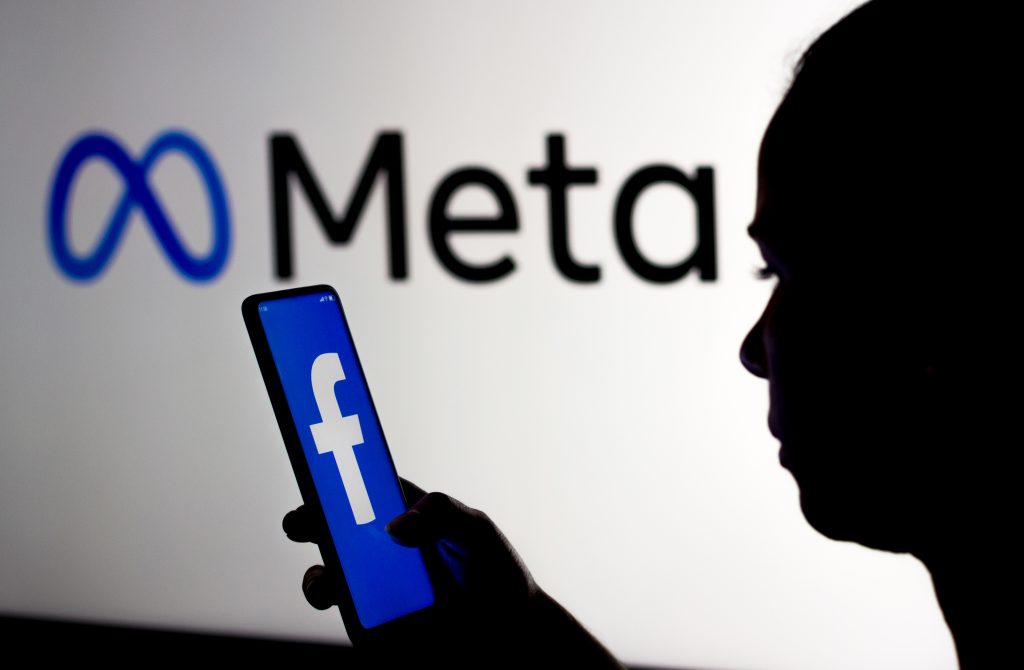EU probes Meta platforms for deceptive ads
The investigation is based on suspected EU online content rules breaches.

The European Commission has launched an investigation into Meta Platforms’ Facebook and Instagram over suspected failures to combat deceptive advertising and disinformation ahead of the European Parliament elections. Concerns have arisen not only about external sources like Russia, China, and Iran but also within the EU, with political parties and organisations resorting to false information to sway voters in the June 6-9 elections.
Under the Digital Services Act (DSA), big tech companies must take stronger measures against illegal and harmful content on their platforms or face fines of up to 6% of their global annual turnover. EU digital chief Margrethe Vestager expressed concerns about Meta’s moderation practices and transparency regarding advertisement and content moderation procedures, prompting the Commission to initiate proceedings to assess Meta’s compliance with the DSA.
Meta, with over 250 million monthly active users in the EU, defended its risk-mitigating process but faced suspicion from the Commission regarding its compliance with DSA obligations. Specific concerns include Meta’s handling of deceptive advertisements, disinformation campaigns, coordinated inauthentic behaviour, and the absence of an effective third-party real-time civic discourse and election-monitoring tool ahead of the European Parliament elections.
The European Commission also raised issues regarding Meta’s decision to phase out its disinformation-tracking tool, CrowdTangle, without a suitable replacement. Meta now has five working days to inform the EU about any remedial actions to address the Commission’s concerns, signalling a pivotal moment in the ongoing battle against online misinformation and harmful content ahead of significant electoral events.

